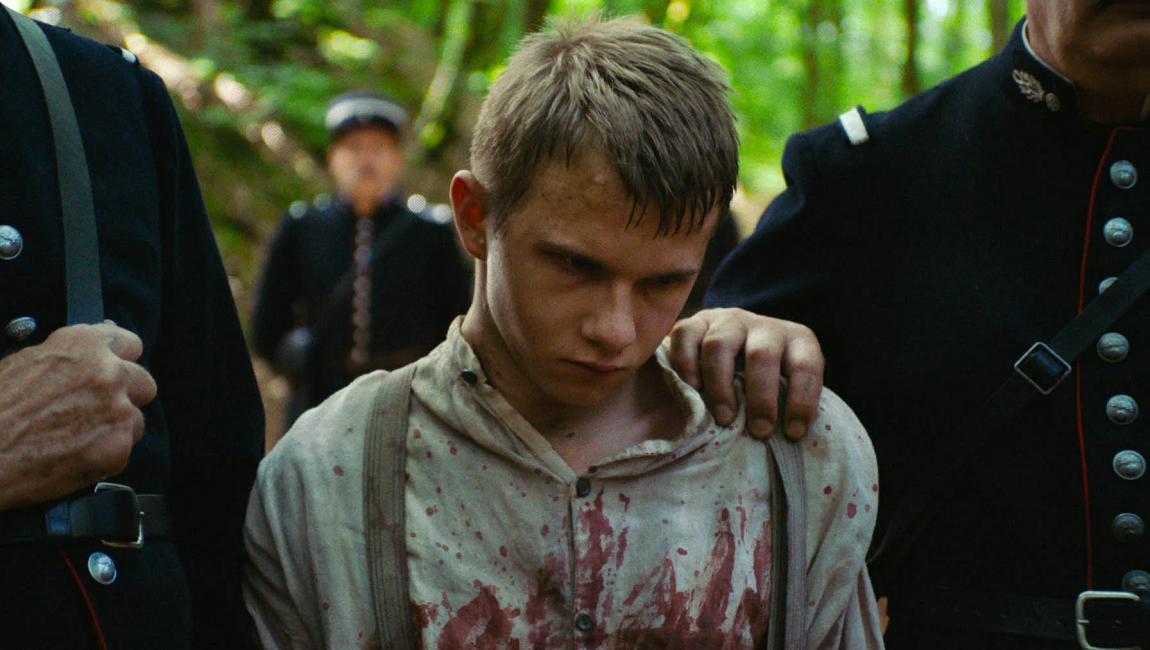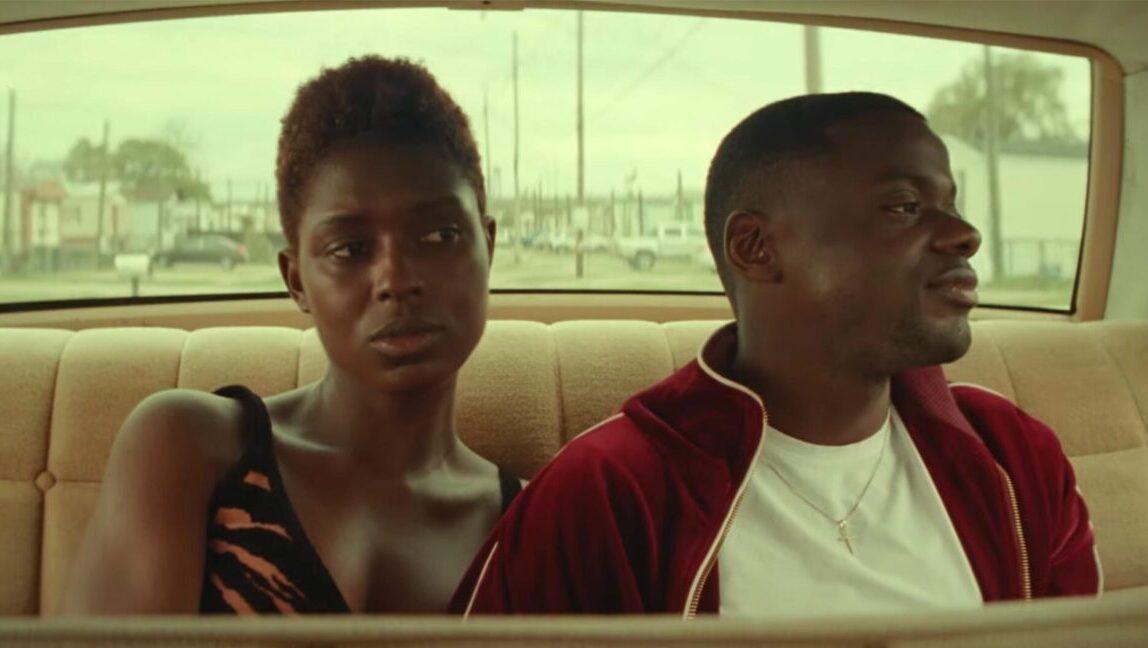Director Vincent Le Port co-founded French production company Stank in 2013, through which he has managed to put out a handful of shorts including eerie, black-and-white gothic Le Gouffre (more of a short feature really, at 52 minutes), which won him the Prix Jean Vigo for short film in 2016. Le Gouffre didn’t manage to catch much attention outside the French festival circuit, ultimately becoming available to English speaking viewers via Stank’s Vimeo page, but its success in the director’s home country has led to the selection of his latest film for this year’s Cannes Critics’ Week lineup, his most internationally visible booking yet. The film in question — Bruno Reidal, Confession of a Murderer — is also noteworthy as Le Port’s first true feature-length project as a solo director, working from a screenplay of his own devisement, drawing from the memoirs of a real life killer.
Set in rural France in 1905, Bruno Reidal begins with the brutal murder implied in the title, a particularly vicious act of beheading committed against a 12-year-old boy. It’s a scene that Le Port opts to keep off-screen initially, one introduced to us free of context and edited so that we remain mostly in a close-up of the title character, left to interpret his facial expressions and signs of exertion. From this starting point, Bruno Reidal’s script works backward, establishing a framing device shortly after, the lead immediately turning himself in to authorities who have him recount his autobiography to a jury of doctors and psychologists. And so, the film quickly comes to be dominated by Reidal’s perspective, his florid philosophical voiceover (a good part of Le Port’s interest in his subject stemming from the quality of their prose) articulating a tumultuous emotional state and dictating the action of the forthcoming scene. A spare, direct film, this conceit accounts for Bruno Reidal’s most significant formal experimentation, undercutting and recharacterizing moments of violence by prefacing them with a defusing monologue. Le Port works this in gently, and thus, effectively, but his film wants for more ideas, the writer/director taken with the seemingly contradictory nature of this narrative and character, but disinclined to do more than note this disparity’s existence.
In the same tradition as René Allio’s 1976 cinematic adaptation of Michel Foucault’s I, Pierre Rivière, Having Slaughtered My Mother, My Sister, and My Brother…, this film wants the audience to perform their own interrogation of the title character’s actions — Are they the result of nature? Nurture? Abuse? Repression? — the hope being that we may begin to understand something unfathomable. Allio’s film (a high point of whatever this genre is) succeeded by making itself about what can’t be known, taking great pains to craft a recreation as close to historical fact as possible, while knowing full well that this itself is an act of obfuscation. Bruno Reidal considers similar concepts, but ultimately is most interested in positioning its title character as an emblem of humanity’s greatest struggle, the most extreme illustration of the tension between will and hedonism. While not an invalid angle, the direction from which Le Port comes at this narrative is the least intriguing, skipping by thornier material in favor of that which merely appears to be.
Published as part of Cannes Film Festival 2021 — Dispatch 4.







